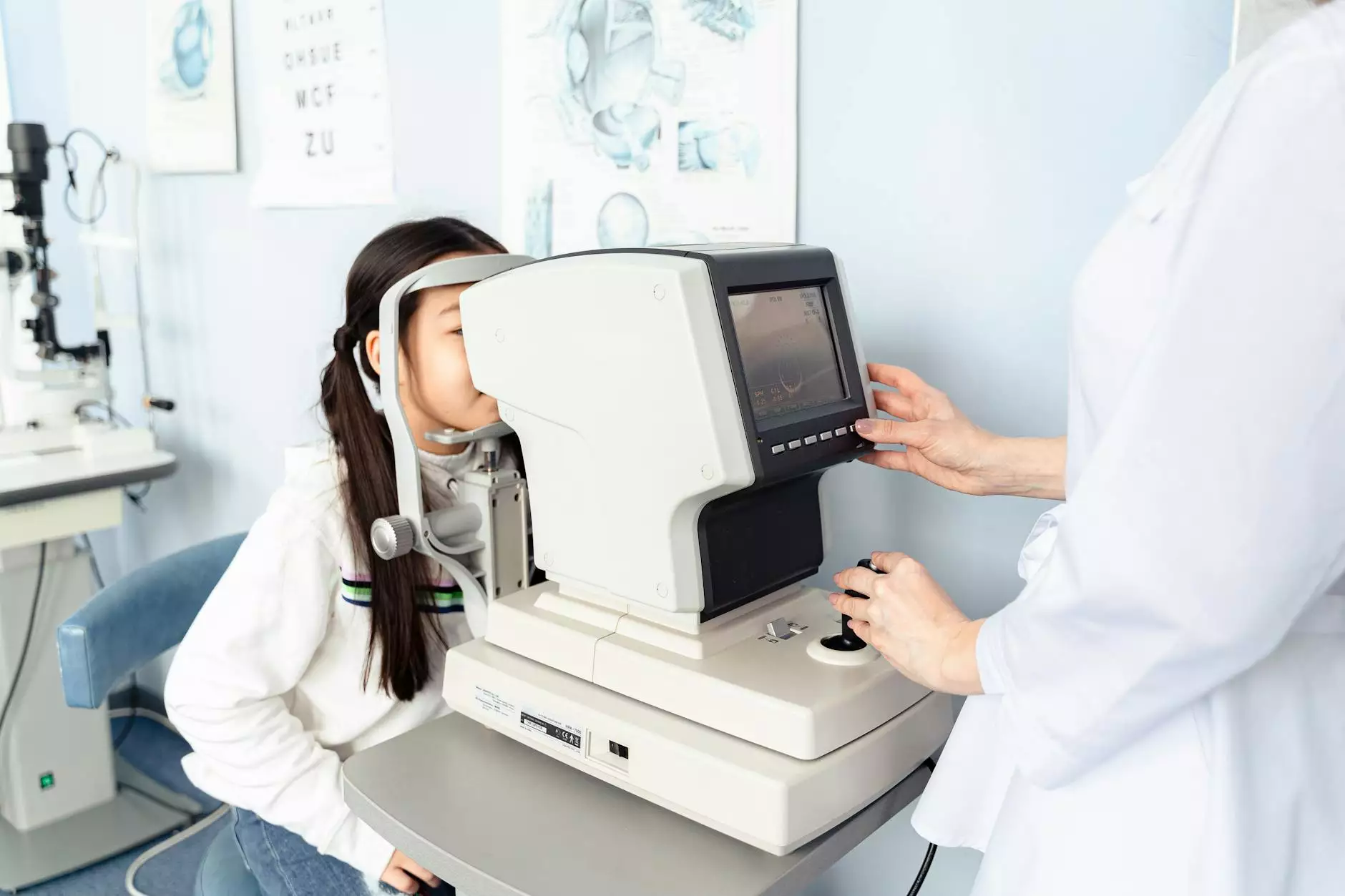The Emergence of Olliers in the Health and Medical Landscape

In the ever-evolving world of health and medical businesses, innovative approaches and terminologies shape our understanding and operational efficiencies. One such term making waves in recent discussions is “olliers”. Although it doesn’t hold a direct translation in traditional contexts, its implications for the medical industry are profound. In this article, we delve into the meaning of "olliers," its relevance in medical centers, hospitals, and how businesses like mediglobus.com can leverage this concept to thrive.
Understanding the Concept of Olliers
The term olliers, though initially perceived as ambiguous, can represent a multi-faceted approach to health care delivery. This term can metaphorically suggest a "container" or "framework" that encompasses various aspects of health and medical services, from patient care protocols to operational frameworks in hospitals.
Why Olliers Matter in Healthcare
- Streamlined Patient Care: Olliers signify frameworks that can enhance patient experiences, ensuring streamlined processes that focus directly on patient needs.
- Operational Efficiency: By adopting olliers, medical centers can optimize their operations, ultimately reducing costs while improving care quality.
- Integration of Technology: As healthcare becomes increasingly tech-driven, olliers represent the integration of digital tools to support medical practices.
The Role of Olliers in Medical Centers
Medical centers today are under constant pressure to elevate their standards while maintaining efficiency in their operations. The implementation of concepts akin to olliers can transform the main pillars of medical care:
Enhanced Management Practices
Olliers advocate for enhanced management practices within medical centers. This includes:
- Data-Driven Decisions: Incorporating analytics to inform operational choices, thus increasing responsiveness to patient needs and trends.
- Staff Training and Development: Implementing continuous training for healthcare professionals, focusing on skills that align with contemporary health challenges.
- Patient-Centric Approaches: Shifting the focus from hospital-centric operations to patient-centric care, thereby improving satisfaction and outcomes.
Improving Patient Engagement
The notion of olliers extends to patient engagement strategies, encouraging medical centers to foster robust communication with patients. This could involve:
- Telemedicine Options: Facilitating remote consultations and follow-ups to enhance accessibility.
- Patient Feedback Systems: Establishing mechanisms for capturing and analyzing patient feedback to improve services constantly.
- Educational Resources: Providing patients with the resources they need to understand their health challenges better and participate actively in their care.
How Hospitals Benefit from the Olliers Concept
Hospitals traditionally operate in large, complex environments where olliers can play a vital role in innovation. Here’s how:
Streamlining Operations
The implementation of olliers practices can drastically enhance operational efficiencies in hospitals:
- Resource Allocation: Efficiently managing resources to ensure that they align with both patient needs and hospital capabilities.
- Reducing Wait Times: Using operational frameworks to streamline patient flow within the hospital.
- Interdepartmental Collaboration: Fostering an interdepartmental team approach to patient care, ensuring all departments work cohesively towards a common goal.
Innovations in Patient Care
With a focus on innovation, hospitals can take the concept of olliers and apply it to enhance patient care:
- Robotic Assistance: Utilizing robotics to assist in surgeries or patient management, improving precision and outcomes.
- Mobile Health Apps: Developing apps to help patients manage their health post-discharge, fostering independence and better health outcomes.
- AI and Machine Learning: Implementing AI-driven tools to predict patient needs and treatment responses, allowing for proactive care.
Success Stories of Olliers in Action
The application of olliers is not merely theoretical. Several medical centers and hospitals have successfully integrated this concept.
Case Study: Mediglobus.com
One prominent example is mediglobus.com, which has effectively harnessed the idea of olliers to create a comprehensive medical network. By establishing strong partnerships with hospitals and medical centers across various regions, they have constructed a framework that facilitates:
- Improved Access: Making specialized care accessible to a wider audience.
- Transparent Communication: Ensuring that patients have all the necessary information at their fingertips.
- Quality Assurance: Maintaining high standards and protocols across partner medical facilities.
Transformational Results
As a result of implementing olliers, mediglobus.com has seen:
- Increased Patient Satisfaction Scores: Patients report a better overall experience, feeling more engaged in their care.
- Reduction in Operational Costs: By optimizing processes, the cost of care delivery has decreased.
- Expanded Reach: Partnerships with hospitals have allowed them to extend their services to remote areas, improving access to care.
Future Implications of Olliers in Healthcare
Looking ahead, the implications of olliers within the health and medical sectors are immense. With ongoing advancements in healthcare technology and an increased focus on patient-centered approaches, medical centers and hospitals must:
Invest in Technology
To fully realize the benefits of olliers, investing in technology is essential. This includes:
- Upgrading IT Infrastructure: Ensuring that systems are integrated and can support analytics-driven decision-making.
- Fostering a Culture of Innovation: Encouraging staff to propose new ideas and improvements to existing processes.
- Global Networking: Forming alliances with international healthcare organizations to share best practices.
Emphasize Continuous Training
As medical knowledge and practices evolve, continuous training of healthcare professionals is critical.
- Regular Workshops: Hosting workshops to keep staff updated on new treatments and technologies.
- Cross-Training Opportunities: Allowing staff to gain experience in different areas to foster a more versatile workforce.
- Feedback Loops: Implementing systems where feedback from staff can inform training programs.
Conclusion: The Future of Olliers in Health and Medical Practices
The concept of olliers presents an exciting opportunity for medical centers and hospitals to transform their operations significantly. As healthcare continues to advance and patient expectations evolve, embracing this multifaceted framework may be the key to achieving success in the health industry.
By learning from successful implementations and focusing on continuous improvement, businesses like mediglobus.com can redefine what it means to provide exceptional healthcare in the modern era. Moving forward, the challenge will be to sustain the momentum of innovation that olliers symbolizes, ensuring that patient care remains at the forefront of every medical enterprise.









